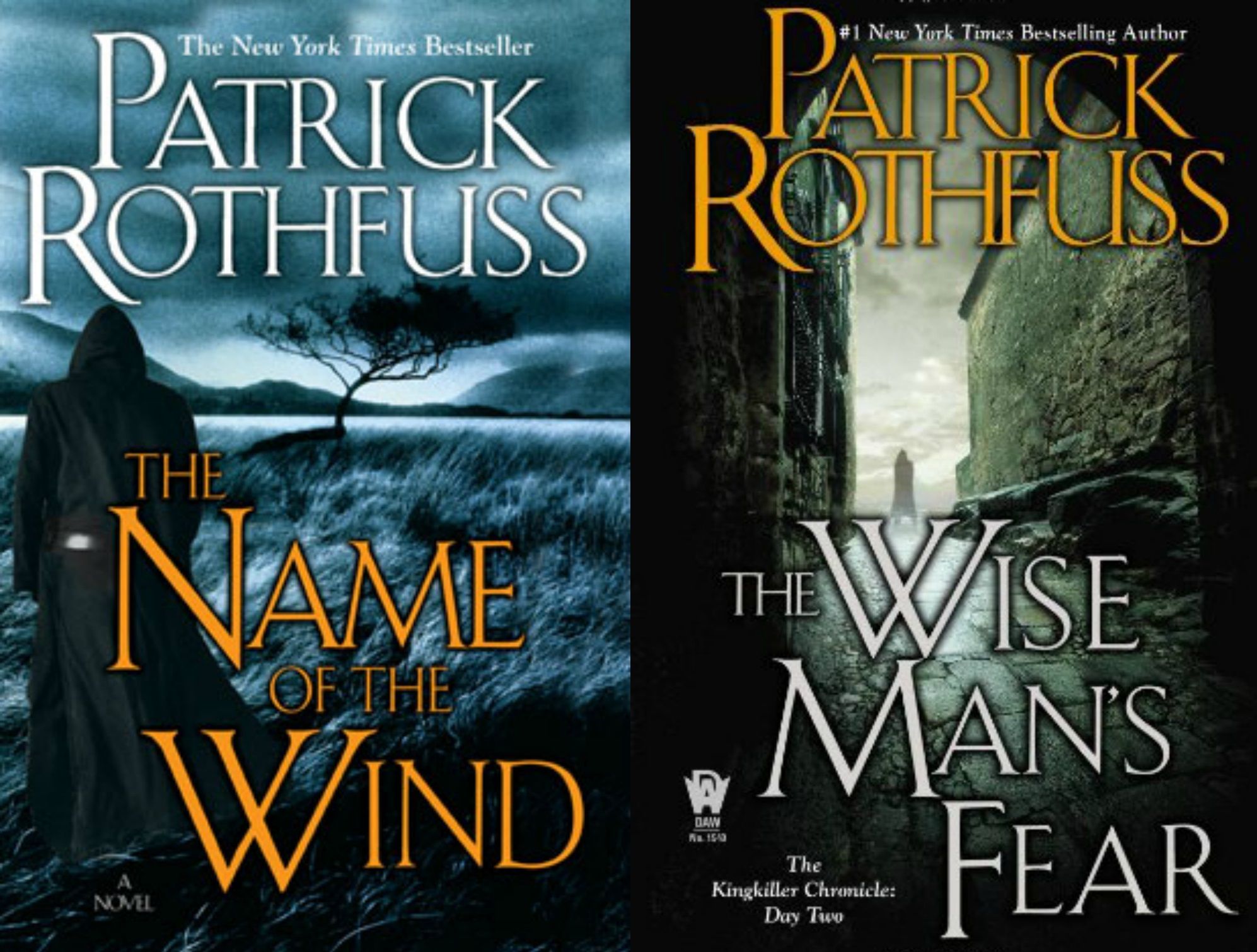View attachment 127696
I am looking forward to the new translation by Maria Dahvana Headley, though Seamus Heaney's is currently my gold standard.
I'm reading it now, and having read Heaney's and others', this one is as good as any of them.
Thoughts on the list and comments in thread:
I think it's
John Carter of Mars but sort of reversed, liberated, and with cool medical and historical details. So basically it's good pulp historical romance.
This list makes a mockery of the fantasy tradition, and should be considered a joke to anyone with a decent knowledge of its history.
For one, 45 of the 100 books were published within the last 12 years.
Secondly, if they care at all about influence, they excluded tons of authors and books that have had a significant lasting impact. No RE Howard, Clark Ashton Smith, ER Eddison, Lord Dunsany, Michael Moorcock, Patricia McKillip, Stephen Donaldson, CJ Cherryh, Steven Erikson, and many others.
I enjoy reading lists by famous authors of their influences, and I'd love to see lists of various demographics. But to mash it all together under the guise of the "best of all time" is absurd.
These kinds of lists are almost always weighted toward recent successes, which is annoying. It seems sort of lazy.
And there's so many ways to rate this: best
written, most influential, most diverse, etc. Any list is going to have some bias.
I'm okay if some good, recent, more-diverse stuff squeezes out some historical landmarks whose influence could maybe be represented by something "just as good or better" that's still included.
I was wondering what the best-
selling fantasy books/series of all time were, and
found this. Even this, though, includes things which I think a lot of us would not put in the same genre as LOTR, for instance. Also, some of these are very long series, so it doesn't seem fair to rank them with works that have only one volume...but then of course
The Hobbit is #2, so...
From best-selling to less-best-selling, by # of copies sold:
Harry Potter series
LOTR
The Hobbit
The Little Prince
Narnia
Twilight
Vampire Chronicles
Wheel of Time
Discworld
ASoI&F
Watership Down
Shadowhunter
Inheritance
The Dark Tower
The Wind in the Willows
Outlander
Sword of Truth
Charlie and the Chocolate Factory
Artemis Fowl
Shannara
Looking for some other best-of fantasy lists online, they all seem skewed in their own ways, and many of them include science fiction. None that I looked at included Conan or Elric stuff.


